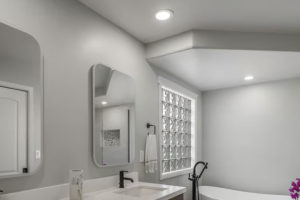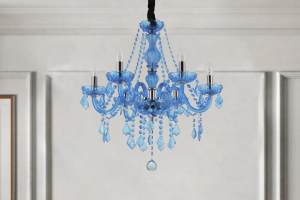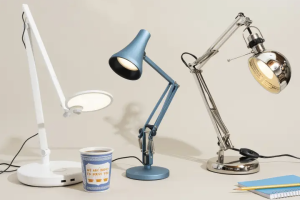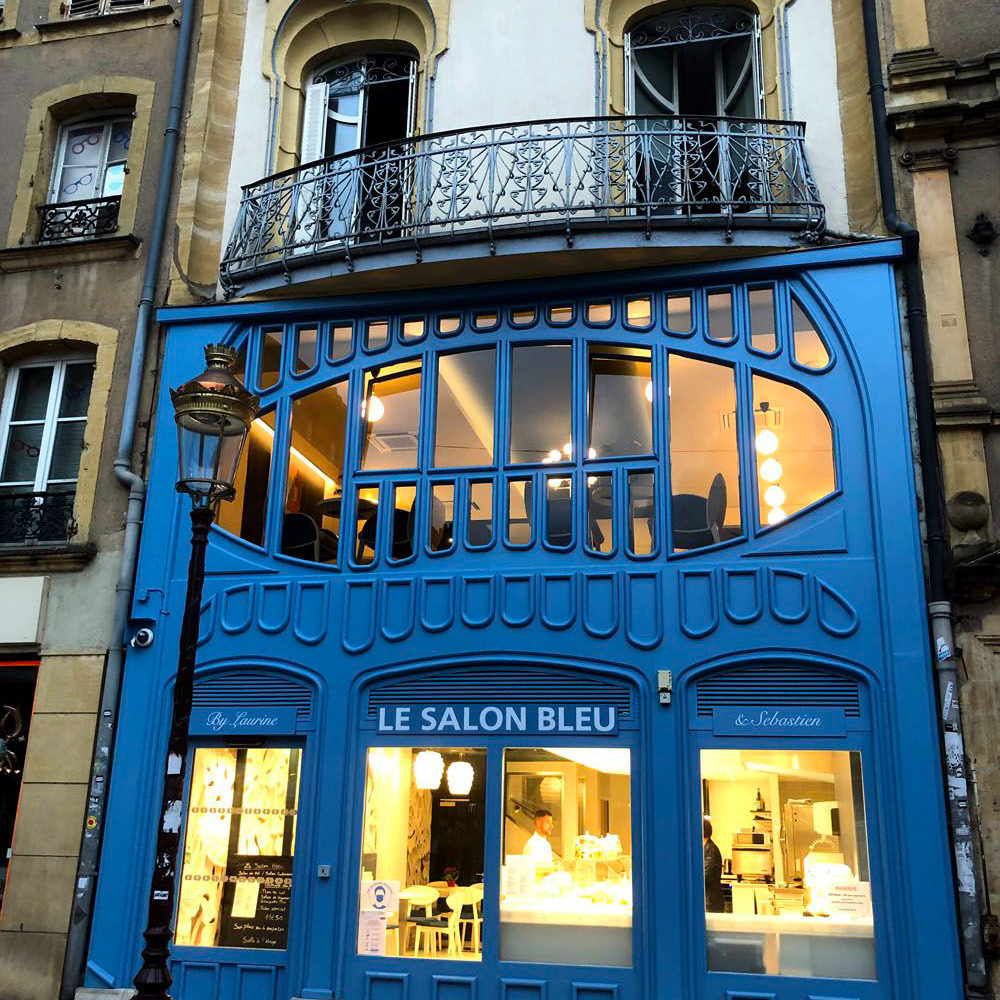
The latest in the wave of collaborative consumption marketplaces, style lend lets women share the expensive clothing they don’t wear. The site connects people with closets full of designer dresses and accessories—all at a fraction of their original retail cost.
The startup, whose name is a play on the word lend, hopes to help women stop spending so much money on clothes they don’t wear and instead rent their pieces for events. The model is similar to rental services for other big-ticket items, like cars and houses. And it may help slow the growing number of clothing items we consume—and throw away, since 400% more garments are manufactured now compared to 1990s levels.
Whether it’s an expensive special occasion dress or a designer handbag, most women can agree that they have one or two items in their wardrobes that aren’t worn very often. They’re not candidates for consignment, because they love them and want to keep them, but they sit in their closet 95% of the time. And they’re not expensive enough for resale sites, either.
With style lend, those pieces can be rented to other users for a fee—and the owner keeps 80 percent of the proceeds. Currently, the site is only available in San Francisco, and Duncan says it will expand to other cities next year. The company has a DIY model, where the seller gets 30 percent of the rental price, and a premium model that offers 50 percent and includes photography, delivery and dry cleaning. It’s in the winter 2014 class at Y Combinator and expects to have its first demo day next week.
How To Use Style Lend
It’s simple to get started—once you’ve logged in, you can upload a photo and description of the piece you want to list. Then it’s a matter of letting Style Lend match you with potential renters. It takes 24 hours for requests to be green-lit and the site suggests listing clothing with a retail value of $300 or more.
Once you find a renter, you’ll exchange a payment via PayPal or Venmo and send the item back, making sure it’s clean and in good condition. If something is damaged, the renter pays for the replacement cost plus a $5 insurance fee.










